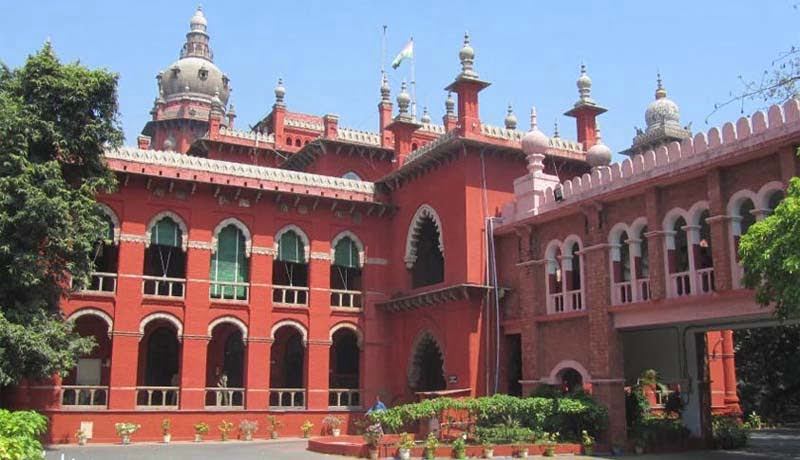Courts not to provide an Unnecessary Opportunity to assessee to escape from liability merely on Jurisdictional Error: Madras HC orders to approach CESTAT

The Madras High court ordered the petitioners to approach the Customs, Excises, Appellate Tribunal (CESTAT) and said that the courts must not provide an unnecessary opportunity to assessee to escape from liability merely on jurisdictional error.
The preliminary ground of attack raised on behalf of the writ petitioners by the learned Senior Counsel is that the show cause notice itself was issued by an incompetent authority, not having jurisdiction under the provisions of the Customs Act, 1962, and therefore, the entire proceedings are liable to be set aside.
The learned Senior Counsel solicited the attention of the Court with reference to the show cause notice issued by the improper authority. The language employed in the Statute is “The Proper Officer”. “The Proper Officer” being the language adopted, only such authority is empowered to issue show cause notice, and neither the higher authority nor any other authority has jurisdiction to issue any further orders regarding review or otherwise. In this regard, the original authority in certain cases are Appraisers or Assistant Commissioners or Deputy Commissioners of Customs, as the case may be.
However, the re-assessment has been undertaken by the Customs and the show cause notices were issued by the Directorate of Revenue Intelligence in some cases, and in other cases, Special Investigation Intelligence Branch for Customs. However, the point raised is that the Directorate of Revenue Intelligence is not the proper authority as contemplated under Section 28(4) of the Customs Act.
The Single Judge Bench of Justice S.M.Subramaniam observed that a large number of writ petitions are filed without exhausting the statutory appeal remedies and the High Court is also entertaining such writ petitions in a routine manner. Keeping such writ petitions pending for a long time would cause prejudice to the interest of the assessee also.
The court further added that the statutory provisions regarding the appeal are to be decided at the first instance, enabling the litigants to avail the remedy by following the procedures as contemplated under law. Such writ petitions filed may be on the ground of jurisdiction or otherwise. However, the Courts are expected to ensure that all such legal grounds available to the parties are adjudicated before the proper Forum and only after exhausting the statutory remedies, writ petitions are to be entertained.
“In the absence of exhausting such remedies, High Court is losing the benefit of deciding the matter on merits as the High Court cannot conduct a trial or examine the original records in the writ proceedings under Article 226 of the
Constitution of India. Thus, the Courts shall not provide an unnecessary opportunity to the assessee to escape from the liability merely on the ground of jurisdictional error, which is rectifiable,” the court said.
The court held that the petitioners are at liberty to approach the appellate authority and file an appeal by following the procedures contemplated and by complying with the conditions to prefer the appeal, within a period of 60 days from the date of receipt of a copy of this order, and in the event of filing of appeal(s) by the writ petitioners within a period of 60 days, all such appeals are directed to be entertained without reference to the period of limitation, and the matters are to be adjudicated on merits and in accordance with law and by affording the opportunity to all the parties, and the appeals are to be disposed of as expeditiously as possible.
To Read the full text of the Order CLICK HERE
Support our journalism by subscribing to Taxscan AdFree. We welcome your comments at info@taxscan.in


